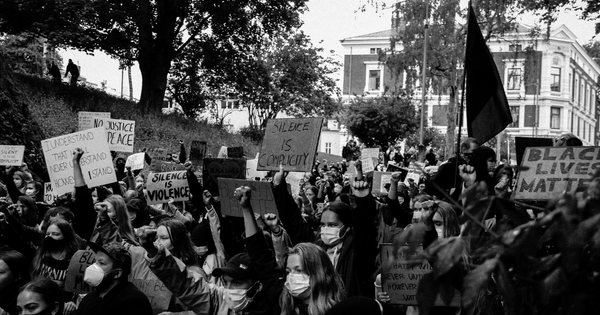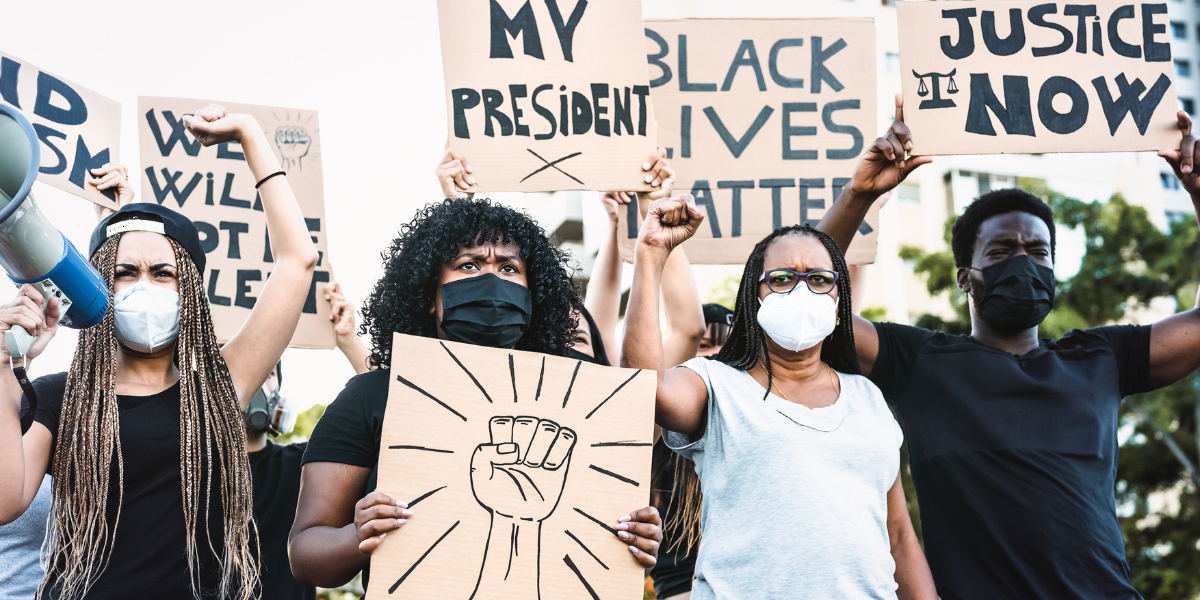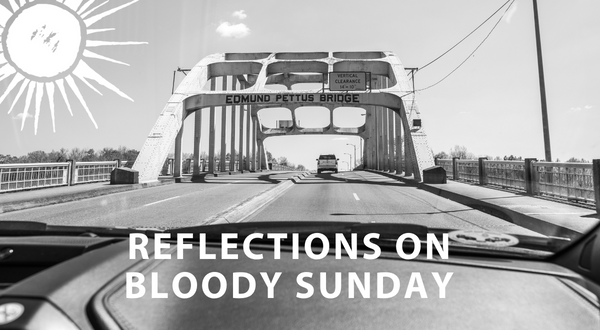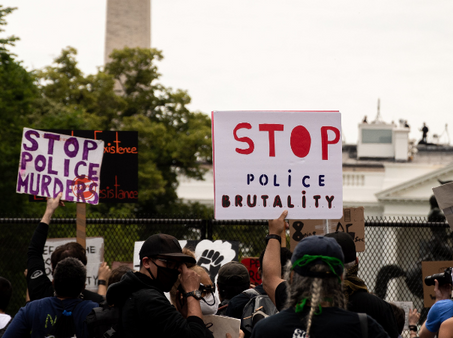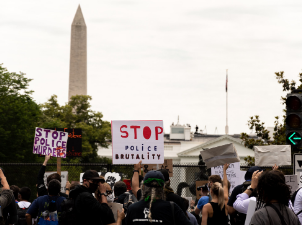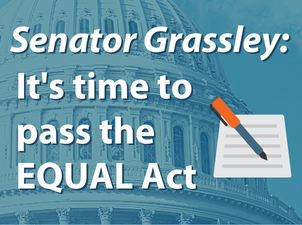
OUR CRIMINAL LEGAL SYSTEM
Our nation’s criminal legal system denies the rights and dignity of all human life, harms both victims and offenders, and disrupts communities. New policy must re-envision and reform this system, while restoring the common good.
Our Position
Scripture and Catholic Social Justice envision a peaceful and just society. Peace is more than the absence of violence; it is the presence of right relationship. For NETWORK, this means a society that respects the dignity, upholds the equality, and honors the potential of all its members – including those who are incarcerated – while supporting family and community life and promoting the common good.
The criminal-legal system must be based on the principles of restorative justice: responsibility, restoration, rehabilitation and mercy. This approach allows victims to obtain reparations, feel safer, and seek closure; allows offenders to take responsibility for their actions and gain insight into the effects of their behavior; and enables communities to understand the underlying causes of crime, to promote community well-being, and to prevent crime.
Our current system of mass incarceration and racialized law enforcement focuses on punishment rather than rehabilitation. As a result, people experiencing poverty and people of color and their families are disproportionately affected. NETWORK advocates for a just, equitable, and restorative criminal-legal system that is intersectional, promotes public safety, and contributes to the common good.
Additionally, NETWORK believes any loss of human life to gun violence in a mass shooting, homicide, or suicide, is incompatible with our belief in the dignity of the human person. Gun violence prevention laws in the U.S. are inadequate to protect the common good and must be reformed to safeguard the sanctity of all life.
NETWORK Advocates for Federal Policies That:
Restore equity and proportionality in sentencing, and eliminate racial inequality in sentencing and throughout the criminal-legal system.
Historical evidence and current statistics show that the U.S. criminal-legal system is far from just. Rather, it disproportionately discriminates against people of color and low-income communities. Dramatic decarceration must be the response now. Reducing mandatory-minimum sentencing for nonviolent drug offenses and making sentencing reductions retroactive will begin to restore proportionality in sentencing, however, more must be done to dismantle the ‘pipeline to prison.’
Invest in rehabilitation and build viable paths for successful reintegration into society; remove barriers to employment, economic stability, and solvency.
Our criminal-legal system is marked by high rates of recidivism, resulting in large part from the lack of focus on rehabilitation during incarceration and lack of resources for returning citizens who have completed their sentence. NETWORK advocates for investment in practices and programs that reduce recidivism and for funding for programs that assist returning citizens in securing housing and employment.
Reduce spending on prisons and instead direct savings to support the common good.
The human and social costs of our broken criminal-legal system affect not only those committing crimes and their victims, but also, families, communities, and society in general. Federal and state level spending on the criminal-legal system costs billions of dollars every year that could otherwise be used to invest in human potential and provide for the common good. Education, affordable health care, job training, housing, and community development suffer when our nation’s costly and ineffective prison system wastes so much of our discretionary spending.
Restore the sanctity of human life by enacting meaningful gun reform policies that reduce gun violence across the nation.
Mass shootings and gun violence create an unsafe nation, where all fear for their lives at the hands of a potential attacker. All levels of government have struggled over what to do about the increased violence in our society. NETWORK advocates for reform that restores the conviction that all human life is sacred and works toward reducing all forms of gun violence through federal legislation.










